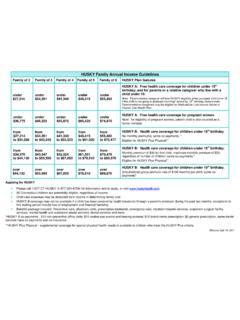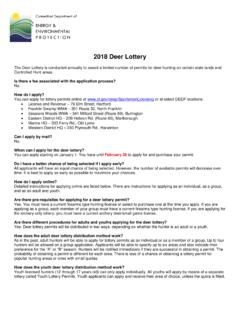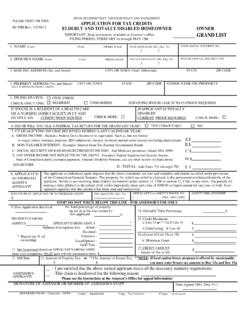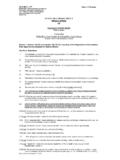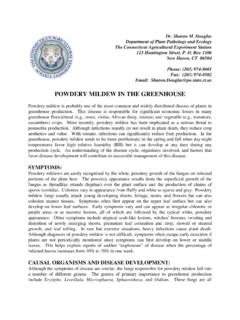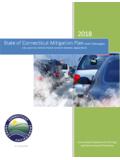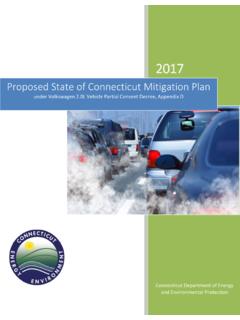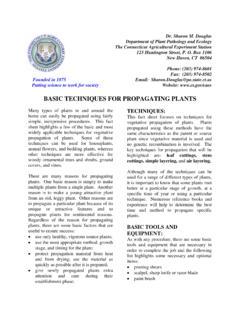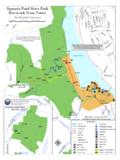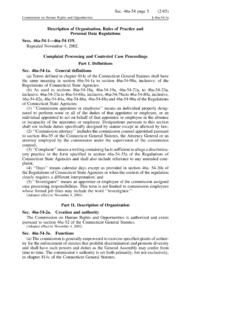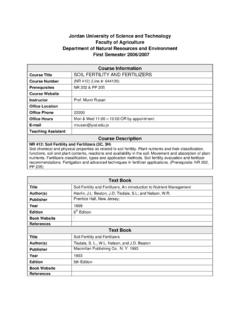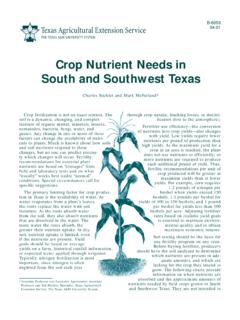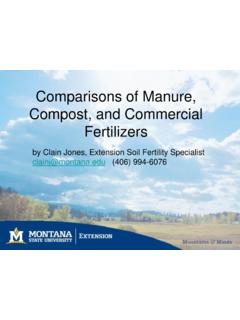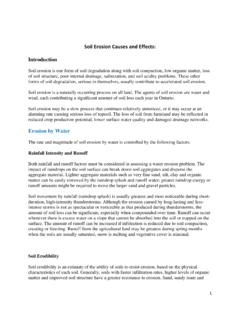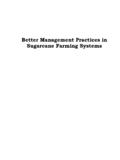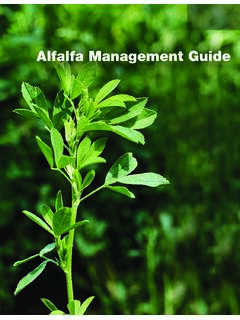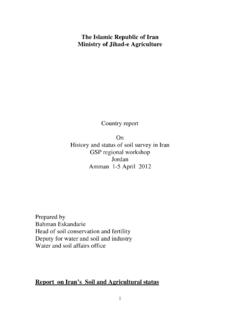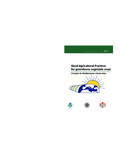Transcription of SOIL SCIENTIST QUALIFICATIONS - Connecticut
1 1 soil SCIENTIST QUALIFICATIONS FOR THE STATE OF Connecticut INLAND WETLANDS AND WATERCOURSES ACT In 1972, recognizing the importance of inland wetlands and watercourses, Connecticut 's legislature enacted the Inland Wetlands and Watercourses Act (IWWA: sections 22a-36 through 22a-45 of the General Statutes of Connecticut ). The IWWA defines "wetlands" as land, consisting of soil types designated as poorly drained, very poorly drained, alluvial, and floodplain by the National Cooperative Soils Survey. Since the Connecticut IWWA uses a soil -based definition of wetlands, a soil SCIENTIST is necessary to determine and delineate such wetlands. Therefore the IWWA also defines a " soil SCIENTIST " as an individual meeting standards set by the federal Office of Personnel Management. Various professional soil science organizations also "certify" a person as a soil SCIENTIST . This fact sheet will clarify the Connecticut IWWA definition of soil SCIENTIST and will describe how the standards of the federal Office of Personnel Management correspond to the membership criteria established by professional soil science organizations.
2 I. State of Connecticut Definition a. From the General Statutes of Connecticut (Revised to January 1, 2007), Title 22a, Chapter 440, Inland Wetlands and Watercourses Act Section 22a-38. Definitions. (5) soil SCIENTIST means an individual duly qualified in accordance with standards set by the federal Office of Personnel Management; i. From the Office of Personnel Management, Operating Manual for qualification Standards for General Schedule Positions, Section IV-B (GS-470 soil Science Series): qualification Standard for soil SCIENTIST : x A degree in soil science or a closely related discipline that included 30 semester hours or equivalent in biological, physical, or earth science, with a minimum of 15 semester hours in such subjects as soil genesis, pedology, soil chemistry, soil physics, and soil fertility. OR x A combination of education and experience--courses equivalent to a major in soil science or a related discipline that included at least 30 semester hours in the biological, physical, or earth sciences.
3 At least 15 of these semester hours must have been in the areas specified in A above, plus appropriate experience or additional education. 2II. Professional soil Science Organizations a. Society of soil Scientists of Southern New England (SSSSNE) The SSSSNE annually publishes a listing of its members who meet their QUALIFICATIONS for Basic and Professional Members. i. Basic Member status requires a BS degree with 30 semester credit hours in the biological, physical, chemical, and earth sciences, with a minimum of 15 of these semester credits in soil science courses, meeting the following distribution, and approval of the Board of Directors: A minimum of three semester credits in soil Genesis, Classification, Morphology, and Mapping. AND The remaining soil science credits must be in at least three of the following six categories: 1) Introductory soil Science 2) soil Chemistry/Fertility 3) soil Physics 4) soil Microbiology/Biochemistry 5) soil Survey Interpretations/Soils and Land Use/Soils and the Environment 6) Independent Study/Seminar/Geology (three-credit maximum) NOTE: Course(s) must be related to soil science.
4 Ii. Professional Member status requires the QUALIFICATIONS of Basic Member, plus three years (full-time equivalent) experience in soil science, subject to approval of the Board of Directors. and degrees in soil science each count as one year of experience. Applicants must provide information detailing types and amount of soil science experience along with letters from two qualified soil scientists attesting to the applicant's QUALIFICATIONS and work experience. iii. For Further Information: OR Society of soil Scientists of Southern New England, PO Box 258, Storrs, CT 06268 b. soil Science Society of America soil Certification (SSSA) The SSSA provides a certification program for soil scientists. There are four certification options available: i. Certified Professional soil SCIENTIST (CPSS) ii. Certified Professional soil Classifier (CPSC) iii. Associate Professional soil SCIENTIST (APSS) iv. Associate Professional soil Classifier (APSC) 3In general, eligibility requirements are: Minimum of a bachelor s degree with a major in the area for which application is made, or a closely allied field of science and meet the minimum core requirements.
5 Core requirements are 15 semester credits soil science (a soil classifier must include 5 semester hours in soil genesis, morphology, classification, interpretation, or mapping within the 15 semester credits of soil science), 6 semester credits plant or soil biology, and 3 semester credits additional core courses. Five years of professional experience, subsequent to the bachelor s degree, working in the area of certification. Experience while working toward an advanced degree does not qualify. Three years of experience is necessary for those with Masters degrees or PhD s. Five references familiar with work experience; at least one must be associated with applicant's employment. As of January 1, 1998, qualification as a CPSS or CPSC requires passing two exams developed by the soil Science Society of America (in addition to the requirements outlined in 1, 2, and 3 above): Fundamentals exam to be taken by graduating seniors and those without experience.
6 After passing this exam, applicants would be APSS s or APSC s. Professional practice exam to be taken after required experience is achieved. v. For Further Information: OR: ASA Headquarters, Member Services Dept., ATTN: Certification Programs, 677 S. Segoe Road, Madison, WI 53711; (608) 268-4957 III. Important: a. A soil SCIENTIST , meeting such definition as provided for in the Connecticut Inland Wetlands and Watercourses Act, does not need to be SSSA certified or listed in the Registry of the SSSSNE to delineate Connecticut wetlands. b. A soil SCIENTIST certified by one of the above mentioned professional soil SCIENTIST organizations meets the definition of soil SCIENTIST as provided for in Connecticut 's Inland Wetlands and Watercourses Act.
